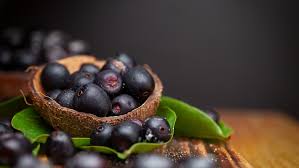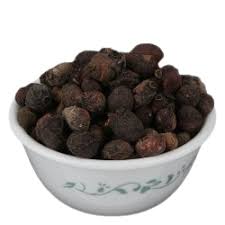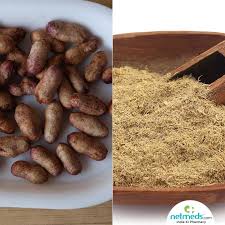
How to Identify Fake vs. Authentic Jadi Buti & Herbal Products
With the rising demand for Ayurvedic and herbal products, the market has been flooded with fake, adulterated, and low-quality Jadi Buti. Many sellers mix artificial chemicals, low-grade herbs, or even completely different plants to increase profits.
As a buyer, knowing how to differentiate real from fake herbal products is crucial to ensuring purity, effectiveness, and safety. In this guide, we’ll discuss key differences between real and fake Jadi Buti, quality checks, and where to buy authentic herbal products.
Long Description
1. Why Identifying Fake Jadi Buti is Important
🚨 Health Risks – Consuming adulterated herbs can cause allergies, poisoning, and serious health issues.
💰 Waste of Money – Fake products lack medicinal value, making them ineffective and a financial loss.
🌿 Loss of Trust in Ayurveda – The presence of counterfeit products damages the reputation of Ayurvedic medicine.
2. How to Spot Fake vs. Authentic Herbal Products
✅ 1. Check for Certifications & Lab Testing
- Authentic Ayurvedic herbs should have certifications like:
- FSSAI (India)
- ISO, GMP, and AYUSH Ministry approval
- Lab test reports for purity & heavy metal contamination
Fake products lack proper certifications and may not disclose lab test reports.
✅ 2. Verify the Botanical Name & Origin
- Many fake herbal sellers use incorrect names. Always check:
- Scientific Name – For example, Bacopa Monnieri is real Brahmi, while Centella Asiatica is NOT.
- Country of Origin – Authentic herbs often come from India, Nepal, Sri Lanka, and China.
Fake suppliers mislabel cheap herbs or use incorrect botanical names.
✅ 3. Examine the Color, Texture, & Smell
- Authentic Jadi Buti should have natural color, aroma, and texture.
- Example: Pure Ashwagandha powder has a light brown color and strong earthy smell.
- Example: Bapchi Seeds (Bakuchi) should be dark brown to black with a strong bitter aroma.
Fake herbs are overly bright, odorless, or have chemical smells.
✅ 4. Avoid Cheap, Unverified Online Listings
- Many online sellers offer low-quality, fake Jadi Buti at cheap prices.
- Buy from trusted Ayurvedic stores, certified suppliers, or reputed online platforms like Dirghaanshi.
✅ 5. Look for Signs of Adulteration
- Fake Herbal Powders – May contain synthetic colors, starch, or chalk powder.
- Fake Whole Herbs – Often too smooth, shiny, or artificially polished.
- Fake Oils & Extracts – Contain mineral oils, synthetic fragrances, or diluted extracts.
Test it Yourself:
🔹 Water Test – Real herbs will not dissolve instantly in water.
🔹 Smell Test – Fake herbal powders often smell like chemicals or soap.
3. Where to Buy Authentic Jadi Buti & Herbal Products
🛍 Trusted Ayurvedic Stores – Buy from brands like Baidyanath, Himalaya, and Patanjali.
🌿 Certified Online Suppliers – Websites like Dirghaanshi offer lab-tested herbs.
📍 Government-Approved Herbal Mandis – Khari Baoli (Delhi), Neemuch (Madhya Pradesh), and Unjha (Gujarat).
4. The Future of Authentic Herbal Products
✅ Blockchain & QR Code Verification – Brands are using blockchain tracking to prove authenticity.
✅ Organic Farming Certifications – Look for USDA Organic, India Organic, and AYUSH-approved labels.
✅ Growing Demand for Pure Herbs – The global herbal medicine market is expected to reach $550 billion by 2030.
Conclusion
Fake herbal products harm health, waste money, and damage Ayurveda’s reputation. By following proper identification methods, you can ensure that you buy only authentic, high-quality Jadi Buti and Ayurvedic herbs.
At Dirghaanshi, we provide lab-tested, certified Ayurvedic herbs with guaranteed purity. Explore our 100% authentic Jadi Buti collection today!













